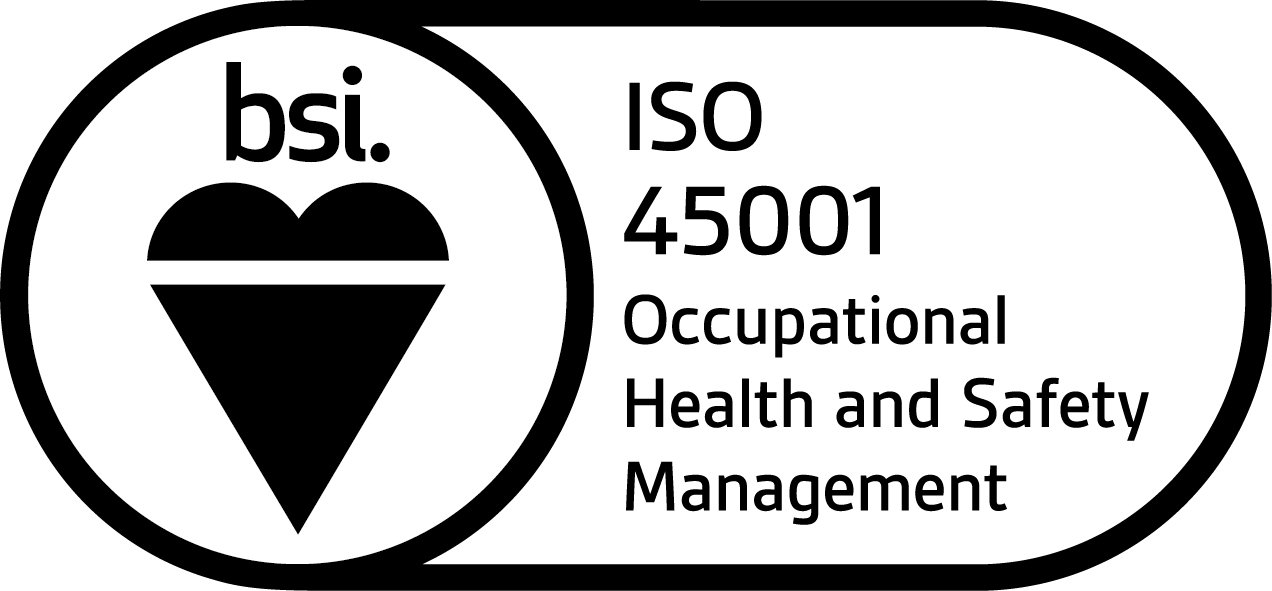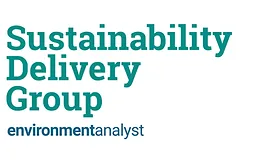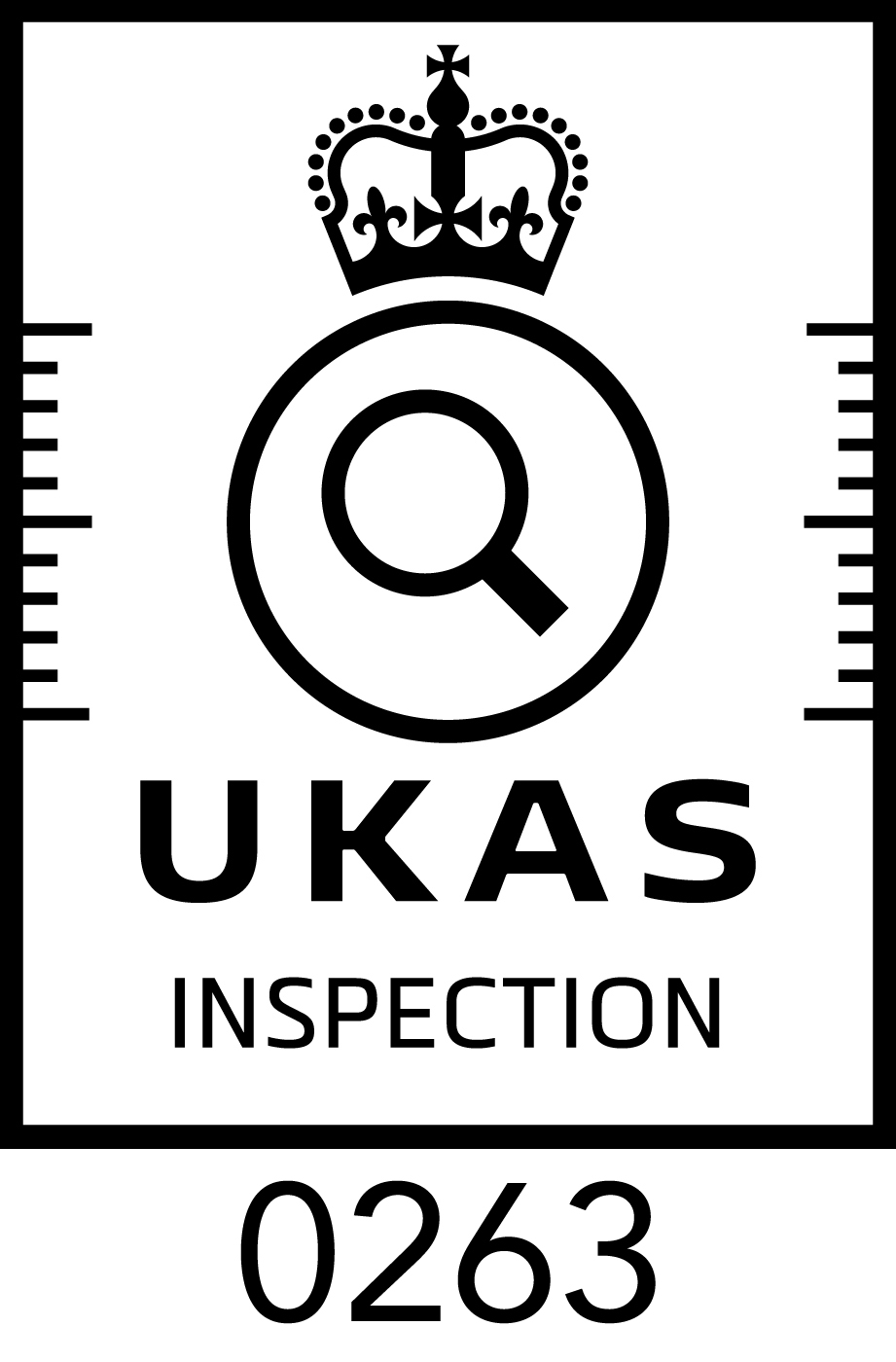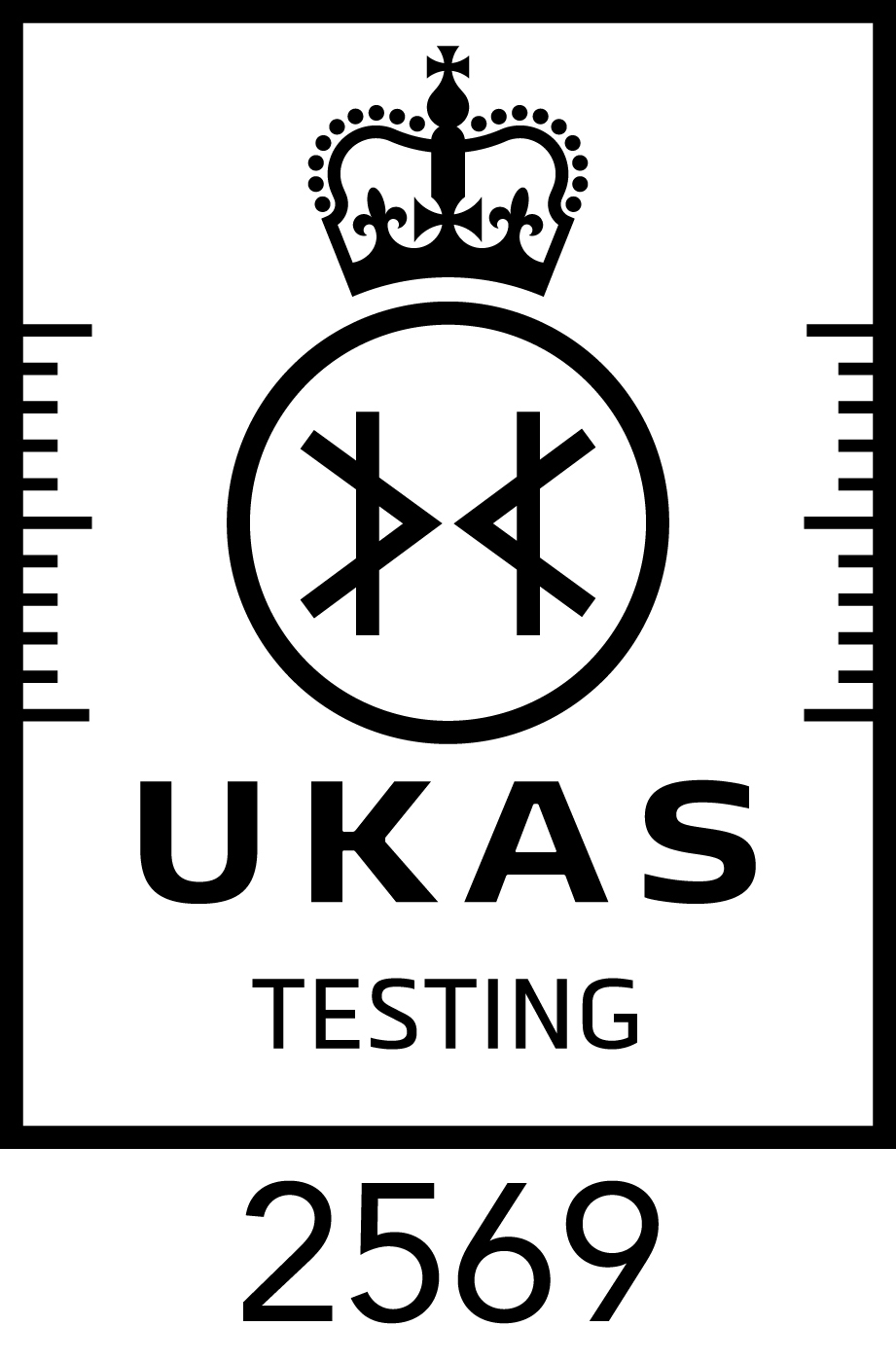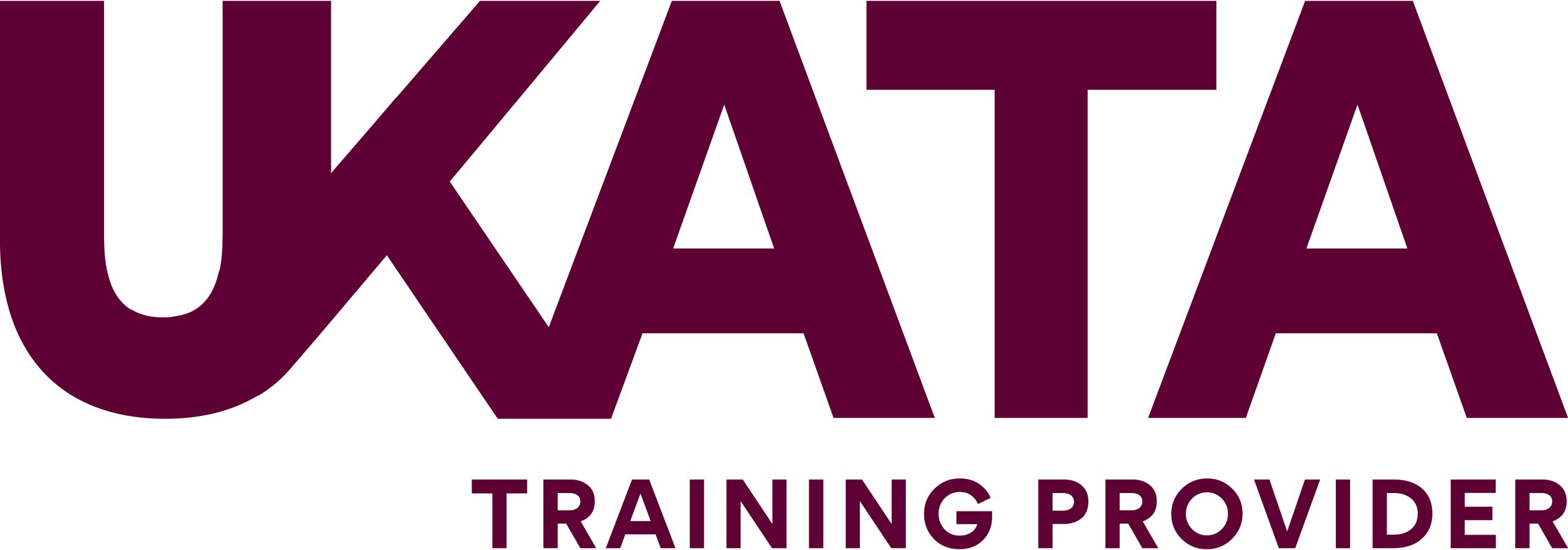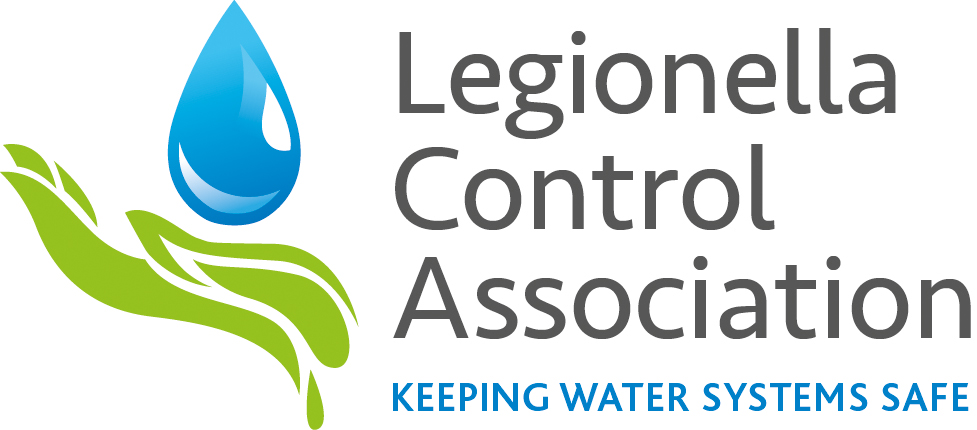Protecting people and planet
Protecting people and planet
Protecting people and planet
Protecting people and planet
Protecting people and planet
House Of Lords Successfully Blocks Government Plans To Scrap Nutrient Neutrality

Lucion Group
15th September, 2023
On the 13th of September 2023, proposals to relax restrictions on water pollution were voted down by the House of Lords, protecting sensitive habitats and waterways from further pollution relating to housing developments.
The UK is home to some of the most sensitive habitats and species in the world. To protect these habitats and species from the impacts of humans, many areas are protected with varying levels of regulation.
Nutrient pollution is a big environmental issue for many of our most important natural places in the UK. In freshwater habitats and estuaries, increased levels of nutrients (especially nitrogen and phosphorus) can speed up the growth of certain plants, disrupting natural processes and impacting wildlife. This process (called ‘eutrophication’) damages these water-dependent sites and harms plants and wildlife. The sources of excess nutrients are site-specific but include run-off and sewage from housing developments.
On the 16th of March 2022, Natural England published advice letters to local authorities stating that planning applications in areas where the effects of development on protected habitats cannot be mitigated, would be rejected. This put a block on all new housing development applications in areas of the Solent and Norfolk Broads. Currently, Natural England rules mean 62 local authorities cannot allow new developments to proceed unless builders can prove their projects are "nutrient neutral" in protected areas.
Natural England has advised that, under the Habitats Regulations, local planning authorities and the Environment Agency must assess the environmental impact of planning applications or local plans. In areas where protected sites are in ‘unfavourable condition’ due to nutrient pollution. Local Planning Authorities can only approve a project if they are certain it will have no negative effect on the protected site. The Government has stated that the relaxation of water pollution regulations would make way for 100,000 new homes to be built by 2030 and boost the UK economy by £18 billion pounds.
The House of Lords downvoted two key amendments:
- Local authorities can disregard evidence of nutrient pollution from development
- The Secretary of State gains the power to create new regulations on nutrients without full parliamentary scrutiny
The UK is currently facing a housing stock crisis. With a shortage of around 2.5 million homes, developers are in a position to charge higher prices for new homes due to scarcity, pricing out low-income and first-time buyers. After years of under-supply, the temptation to relax pollution regulations seems favourable. However, with every 2 in 3 rivers in England over the threshold of pollution, relaxing these rules is not an option.
The suggested amendments by the Government would have left rivers vulnerable to nutrient pollution. Deregulating nutrient neutrality is a step backwards. We need regulation that obliges developers to do the right thing.
The various challenges confronting our rivers, ranging from nutrient pollution to plastic waste and sewage contamination, continue to be a major cause for worry. Our primary focus should be on revitalising river health and advocating for appropriate solutions, as rivers play a pivotal role in sustaining our environment, society, and economy. It is crucial that our policymakers also recognise the importance of this issue.
The swiftest and most sustainable approach to achieving nutrient neutrality involves implementing nature-based solutions to advance nutrient mitigation initiatives. These initiatives not only fulfil the requirements for developing nutrient-neutral projects but also offer a multitude of additional benefits, including improvements in biodiversity, reduced flood risk, enhanced water quality, and better water quantity management.
Nature-Based Solutions. The Key To Unblocking Housing Development
Nature-based solutions (NBS) are innovative and sustainable approaches to address various environmental and societal challenges by harnessing the power of nature. These solutions use natural processes, ecosystems, and biodiversity to provide benefits such as climate change mitigation, adaptation, improved water quality, and enhanced urban resilience. In the context of housing developments in the UK, nature-based solutions play a crucial role in promoting sustainability, biodiversity, and overall livability.
Developers who incorporate NBS into their planning activities are more likely to appease Natural England’s nutrient neutrality requirements and achieve planning approval.
By integrating natural elements and processes into urban planning and construction, housing developments become more sustainable, resilient, and livable, while also contributing to broader environmental and societal goals.
Getting Your Development Back On Track
The Government should view yesterday's vote as a clear signal that people will not tolerate any weakening of environmental commitments.
Our team at Delta-Simons Ltd, part of the Lucion Group, has guided many of our developer clients through the process of navigating nutrient neutrality, identifying Sustainable Drainage Systems (SuDS) to enable development and delivering optimal site development locations through our GIS system. Additionally, our team offers water quality testing, assessing outflow impacts from developments, facilitating the ability to identify any impact discovered and immediately rectify any issues.
Working with clients from multiple sectors, for the past 30 years, our team has provided a holistic suite of trusted environmental services and advice, designed to mitigate risk to both people and the environment, whilst mitigating the risk during investment and divestment cycles.
If you are looking to partner with an environmentally conscious, holistic supplier who can get your development back on track, get in touch with our team by emailing info@luciongroup.com.
Register for IMPACT Bulletin
Don’t miss a beat - get the latest insights and updates from Lucion straight to your inbox.

